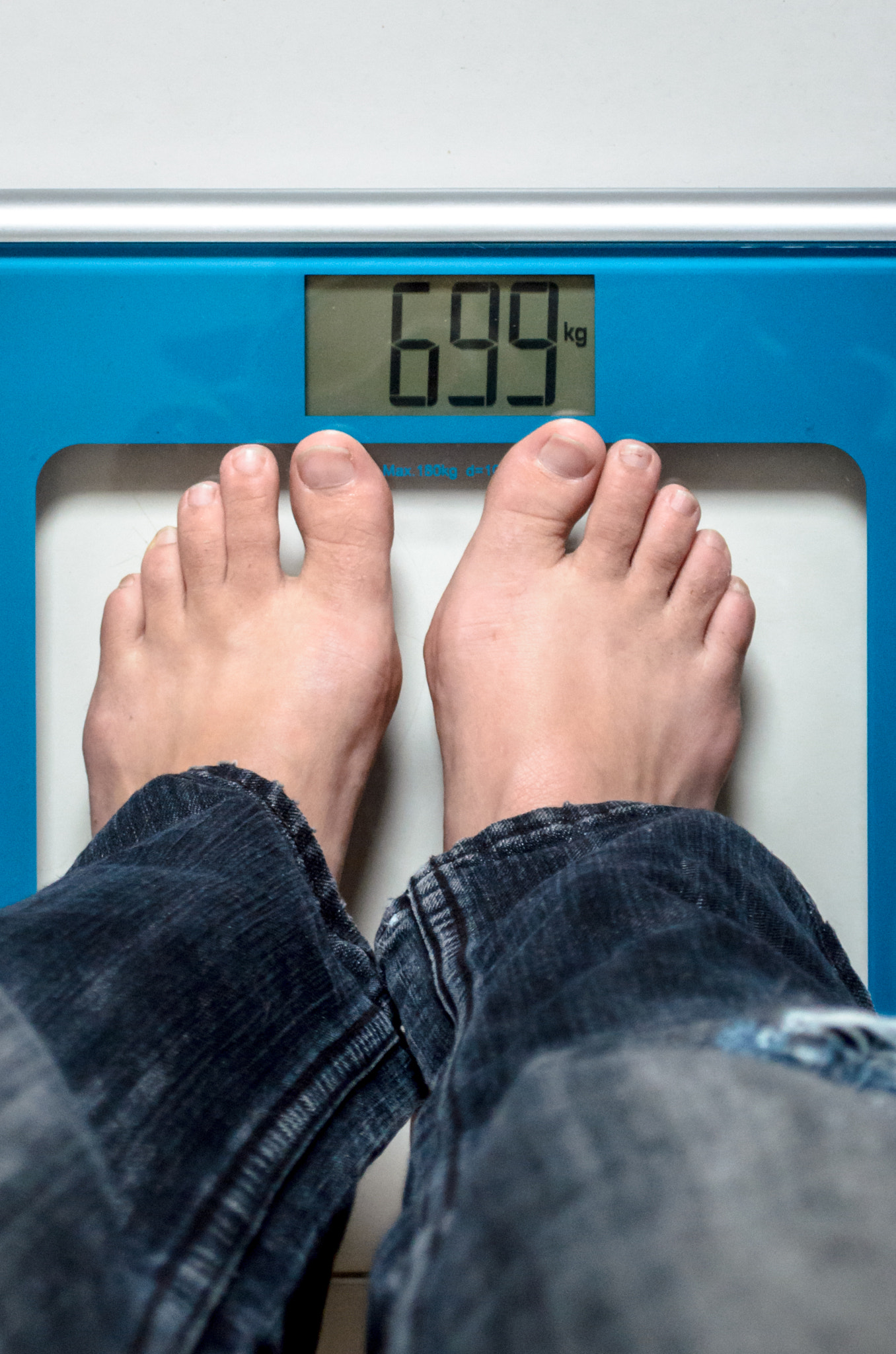
Introduction
Health coaching has gained significant popularity in recent years as a means to facilitate positive behavior change and improve overall well-being. This case study aims to explore the efficacy of health coaching in supporting clients in making sustainable lifestyle modifications. The case study focuses on the experience of Sarah, a sedentary office worker looking to enhance her physical activity and healthy eating habits. Throughout the study, Sarah's journey in collaboration with a health coach is examined to
understand the impact of coaching on her lifestyle modifications.
Case Study
Background and Goals
Sarah is a 35-year-old office worker who leads a sedentary lifestyle due to the nature of her job. She often finds it challenging to make time for physical activity and struggles with making healthier food choices in her daily routine. Sarah's main goals in seeking health coaching assistance are to increase her physical activity levels and adopt a more balanced and nutritious diet.
Health Coach Selection and Initial Assessment
After researching potential health coaches, Sarah selects a certified health coach named Emily, who has experience in supporting individuals with similar lifestyle challenges. Emily conducts an initial assessment session with Sarah to better understand her current lifestyle, health concerns, and personal motivations. This assessment helps both Sarah and Emily establish a strong foundation for their coaching relationship.
Creating an Action Plan
Following the assessment, Emily collaborates with Sarah to develop a personalized action plan that aligns with Sarah's goals and incorporates her preferences and constraints. The action plan includes specific and attainable objectives, such as incorporating exercise into her daily routine, replacing processed snacks with healthier alternatives, and gradually reducing her sugar intake. The plan also emphasizes gradual progression to ensure sustainable changes.
One-on-One Coaching Sessions
Sarah and Emily schedule weekly one-on-one coaching sessions to monitor progress, assess challenges, and provide ongoing support. During these sessions, Emily employs active listening techniques to understand Sarah's experiences, concerns, and successes. She encourages Sarah to reflect on her achievements as well as any obstacles encountered, allowing for adjustments to the action plan as needed.
Behavior Change Techniques
Emily employs various behavior change techniques to facilitate Sarah's lifestyle modifications. These techniques include self-monitoring, goal setting, feedback, and reinforcement. Sarah keeps a journal to track her progress, record her activities, and document her meals. Emily consistently provides feedback and reinforcement to acknowledge Sarah's efforts and maintain her motivation.
Supporting Physical Activity
To address Sedentary Sarah's lack of physical activity, Emily suggests incorporating brisk walks during lunch breaks, taking the stairs instead of the elevator, and participating in weekly exercise classes at a nearby gym. Through a tailored exercise schedule, Emily helps Sarah gradually increase her daily step count and engage in strength training exercises at least twice a week.
Improving Dietary Habits
In terms of nutrition, Emily teaches Sarah about balanced meal planning, portion control, and mindful eating practices. She provides Sarah with simple and healthy recipes, encourages regular grocery shopping, and advises choosing
whole foods over processed alternatives. Regular check-ins allow Emily to answer questions, provide meal preparation tips, and address any difficulties Sarah encounters during her dietary changes.
Monitoring and Evaluation
Throughout the coaching process, Sarah and Emily consistently monitor and evaluate progress towards Sarah's goals. They regularly assess changes in Sarah's physical activity levels, dietary habits, and overall well-being. By evaluating the effectiveness of the action plan, Emily identifies areas for improvement and tailors the coaching techniques accordingly.
Results and Conclusion
Over the course of six months, Sarah gradually incorporates physical activity into her daily routine and adopts healthier eating habits. She succeeds in losing 10 pounds, reducing her waist circumference, and increasing her energy levels. Sarah expresses satisfaction with her enhanced well-being and provides positive feedback about the coaching experience. This case study emphasizes the positive impact of health coaching in supporting individuals, like Sarah, in making sustainable lifestyle modifications.

In conclusion, health coaching offers a valuable framework for individuals seeking to modify their lifestyles and enhance their well-being. In Sarah's case, the collaborative efforts between her and Emily, the health coach, led to significant improvements in her physical activity levels and dietary habits. This case study highlights the potential of health coaching as an effective tool for facilitating behavior change and empowering individuals to achieve their wellness goals.